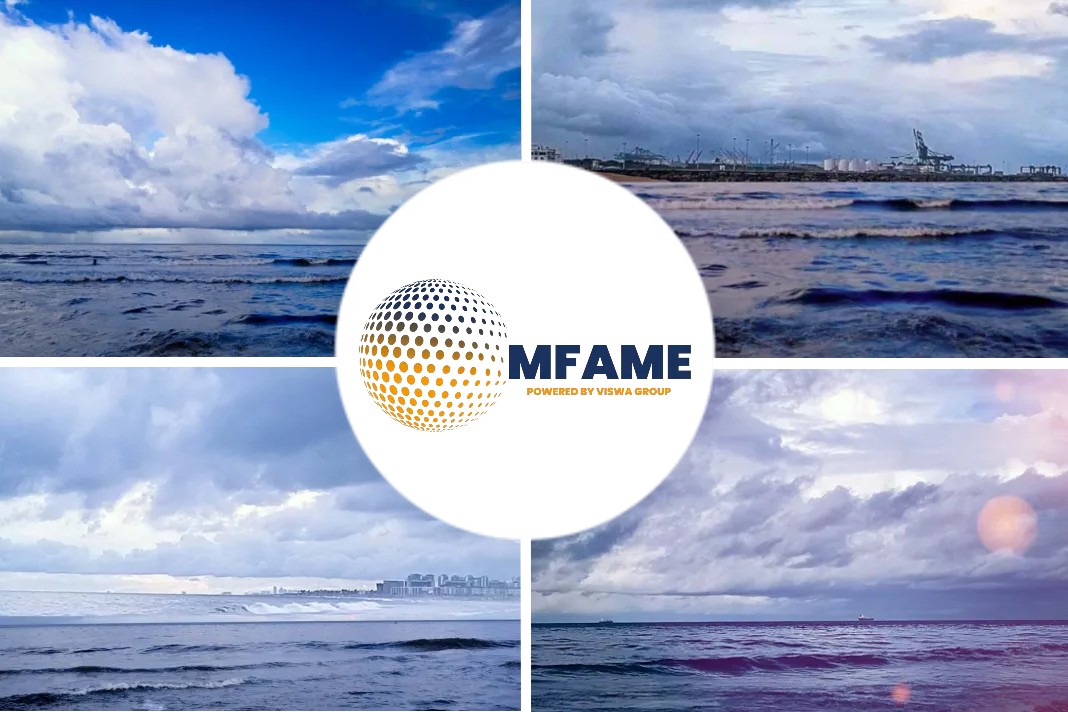- China may delay 2020 implementation in order to counter coronavirus impact
- Chinese shipping association calls for this technical adjustment for a few months
- Not all are convinced as the government fears the country may lose face at the global forum
- China’s LSFO advantage can be affected by this.
- Major Chinese oil giants fear that they will lose the LSFO demand race.
- The final decision on sulphur cap and other measures like tax cuts and subsidies will be taken by next week.
According to an article published in Lloyd’s List, China’s shipowners’ association suggests Beijing should halt the IMO sulphur mandate in the country’s waters for a few months in order to reduce the financial burden brought by the spread of coronavirus. The China Editor of Lloyd’s List, Cichen Shen, wrote this from Hong Kong while reporting on latest development on Coronavirus.
What is it?
CHINA Shipowners’ Association (CSOA) has proposed a break on bunker sulphur restrictions in the country as part of efforts to lift shipping firms out of the coronavirus fallout.
The group, with more than 200 member companies including Cosco Shipping and China Merchants, said in a draft proposal to Beijing that it should consider a temporary reprieve for the International Maritime Organization’s rules, under which ships must use the costlier but cleaner fuels with no more than 0.5% sulphur content.
“At this special period, can China make the technical adjustment even just for a few months or be acceptant to the fuel oil non-availability reports?” the group asked.
It said several countries, including Greece, the Philippines and Indonesia, have made similar suggestions since the implementation of the IMO regulation on January 1 this year.
CSOA vice-chairman Zhang Shouguo says the advice also factors in the possible shortage of low-sulphur fuel supply amid the impact of the disease
This advice has taken account of a potential shortage of low-sulphur fuel oil provisions in China as a result of the impact of the virus, CSOA vice-chairman Zhang Shouguo told Lloyd’s List.
“Also, shipowners’ business has been seriously disrupted and with increased cost. We hope the [repreive] can help them overcome this difficult time.”
Will it be applicable to foreign vessels?
When asked whether the relief on burning cheaper traditional bunker fuel will also apply to foreign owners when their ships call in China, Mr Zhang said it was up to the government to decide on the details.
The spreading virus is taking a big toll on China’s economy, including its logistic and shipping sector, with shrinking cargo volume, clogged port traffic and stranded seafarers, among other challenges.
Other Measures To Tackle Coronavirus Setback
The suspension of the sulphur cap is among a series of other measures, including tax cuts, government subsidies and extension of bank loans, that are recommended by the association to reduce the mounting financial pressure on shipping companies.
Concerns over international image
Industry sources said an idea has already been brought up to halt the emission requirement for 12 months in China during a meeting last week between CSOA and dozens of senior figures within the Chinese maritime community.
However, two researchers at the Shanghai International Shipping Institute, a government-backed think tank, begged to differ.
A unilateral infringement against an international convention will hurt China’s image in the eyes of foreign countries, while the actual effect of the move on cost reduction is limited, argued Xu Kai and Peng Yiquiang in an article.
China May Lose The LSFO Advantage
“On the other hand, halting the sulphur cap will directly lead to the loss of the pole position that our country has built in the LSFO supply chain.” they added. “If other bunker hubs in Asia establish the supply ability in the next six months, our country’s lack of edge in the marine service industry will continue.”
Chinese oil giants, such as Sinopec and PetroChina, have been ramping up efforts in domestic production of LSFO, having seen the opportunity from a surge in appetite for the compliant fuels that meet the IMO mandate. Beijing also recently approved a tax rebate policy that will provide incentives to the refineries as well as local bunker ports such as Zhoushan.
A relaxation of the sulphur limit, however, would presumably strike a blow to the LSFO demand.
Decision By Next Week
Mr Zhang said his association was still in consultation with members but aimed to submit the formal copy by next week, arguing that international agreements should also consider a force majeure event.
“The decision on whether or not to have the discussion with the IMO as well as on many of our other suggestions is in the government’s hands,” he said.
Did you subscribe to our daily newsletter?
It’s Free! Click here to Subscribe!
Source: Lloyd’s List



















